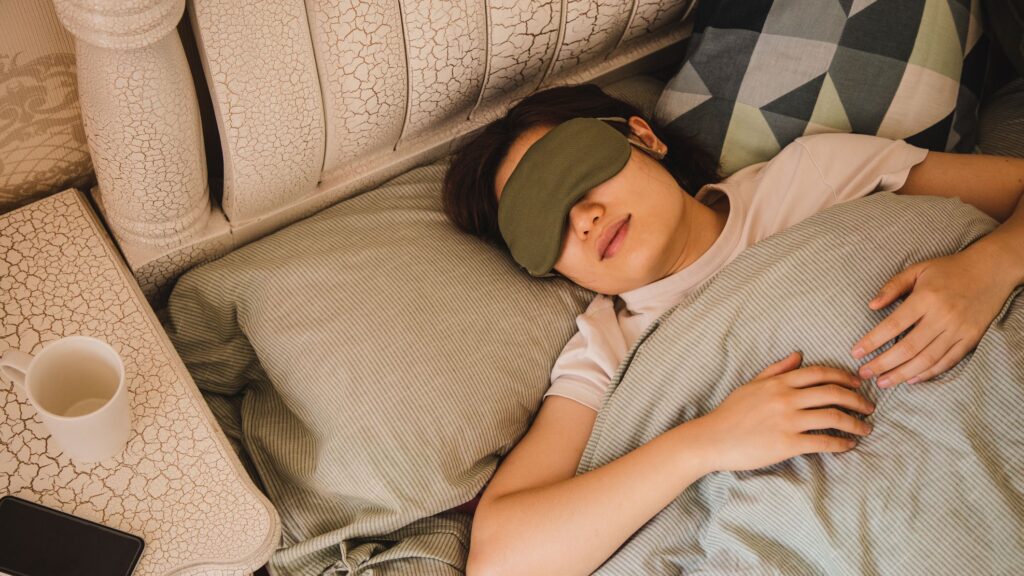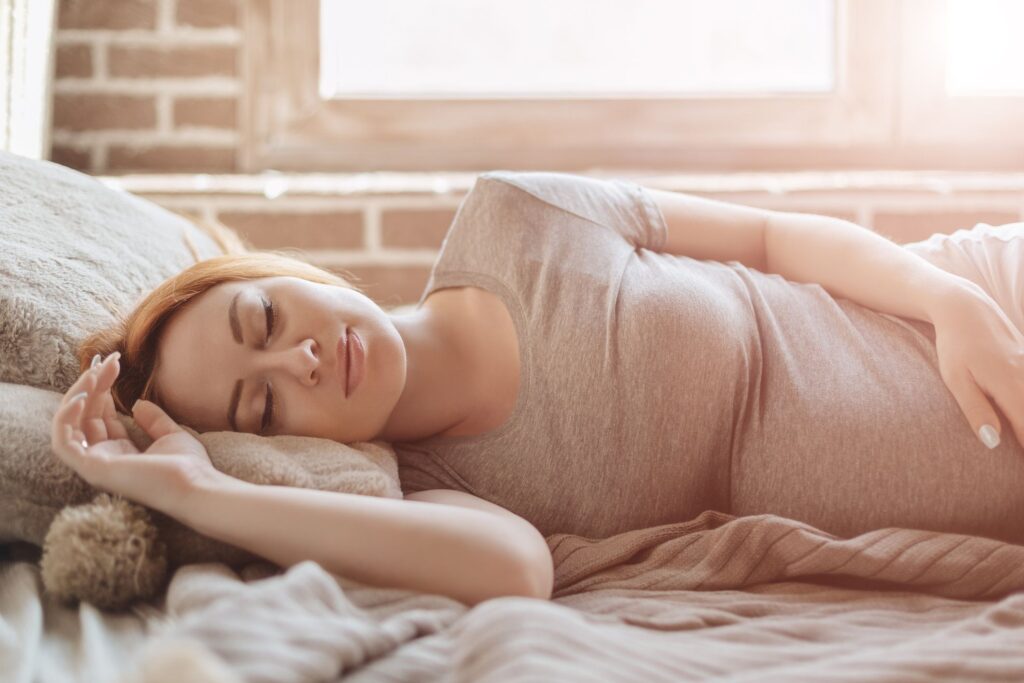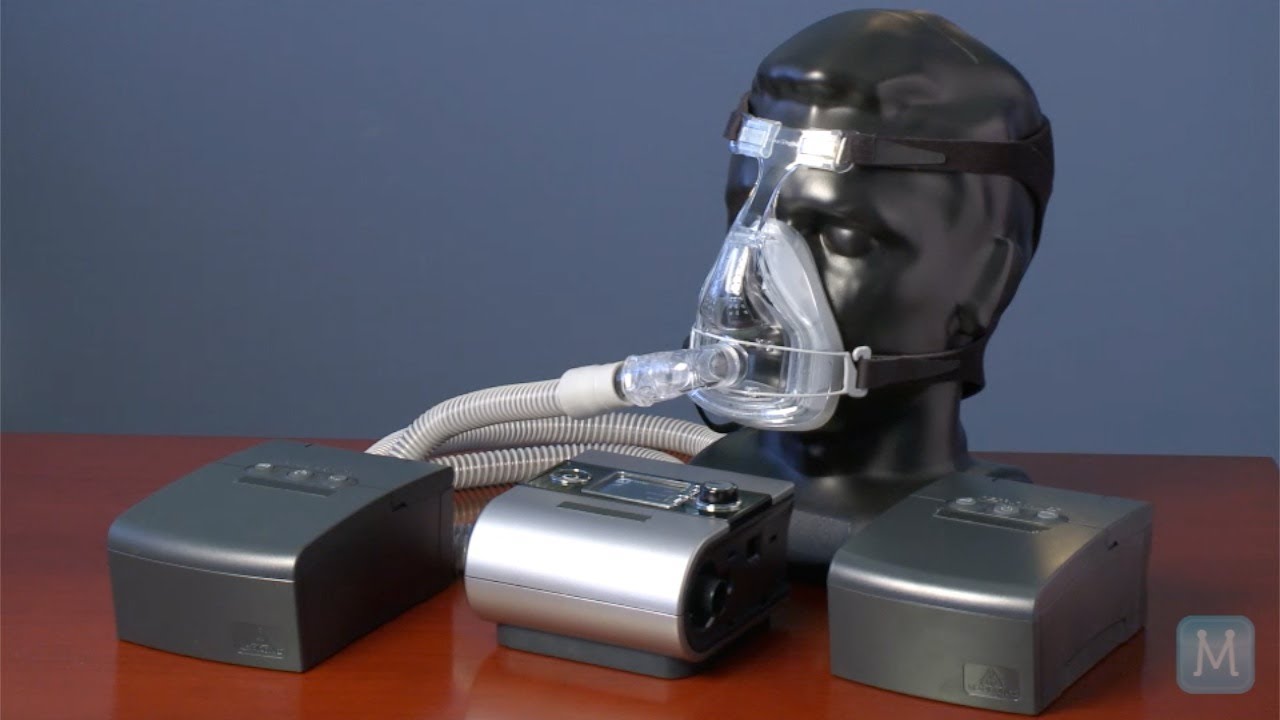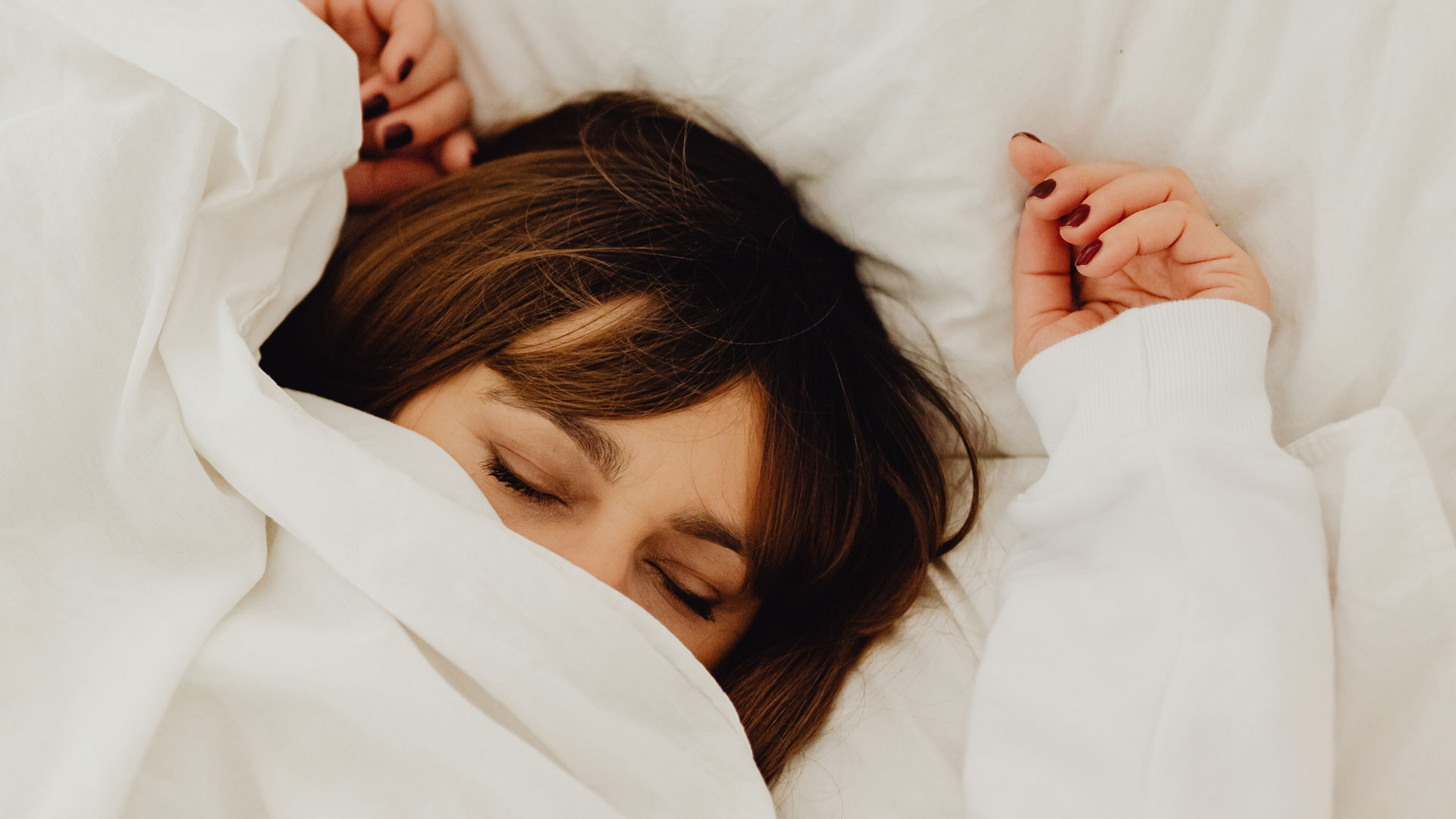Our mental, physical, and emotional health depend on getting enough sleep, but for some people, particularly those who suffer obstructive sleep apnea, getting enough shut-eye at night may be difficult.
A sleep problem called sleep apnea makes you briefly stop breathing many times over the course of the night and not using cpap mach. This might make you gasp and wake up at night because you aren’t receiving enough oxygen. It may raise your risk for sleep deprivation, atrial fibrillation (AFib), heart failure, stroke, diabetes, and a number of other problems. Learn more benefits of taking a nap for a healthier sleep hygiene.
Learning how to sleep well can help you recover your life since sleep apnea can have such a detrimental effect on your health.
Uncertain about where to begin? The good news is that you can take a variety of steps to get more rest and have better breathing at night. Seven techniques to improve sleep with sleep apnea were provided by Kirstin Knobbe, MD, a sleep expert at Banner-University Medical Center Phoenix.
1. Adhere to a regular bedtime
One of the most crucial components of a healthy sleep pattern is maintaining proper sleep hygiene, even if it won’t cure your sleep apnea.
Dr. Knobbe advised keeping the same bedtime and waking time every day of the week. The majority of individuals feel and perform best when they routinely receive seven to nine hours of sleep each night, according to research.
2. Correctly use a CPAP machine (continuous positive airway pressure).
A nighttime mask known as a CPAP that sends higher air pressure into the airway to prevent the throat from collapsing is the most effective therapy currently available for sleep apnea. When your throat muscles have relaxed too much while you were sleeping, this air pressure moves into the back of your throat and holds it open.
Finding a mask and machine that meet your requirements, regularly cleaning the CPAP components, and washing your face before donning the mask at night are all essential to successful CPAP therapy. Speak with your doctor or a sleep expert so they can customize a CPAP machine for you depending on your requirements.
3. Improve your sleeping posture
Everyone has a preferred sleeping position, but adjusting your posture might assist with sleep apnea symptoms.
The optimum sleep position, according to Dr. Knobbe, is side sleeping with your back somewhat upright since it lessens snoring and the severity of apnea. Although it might place extra pressure on your spine, shoulders, and hips, it can also aid in maintaining appropriate spinal alignment. The correct cushion might be useful in this situation (see tip 5!).
The fact that stomach sleeping puts gravity on your side may help to lessen the severity of apnea. Just make sure you have the right cushion to reduce any neck stress.
Sleeping on your back with your head raised may be the greatest sleep position for people who have chronic joint, back, or acid reflux problems to lessen morning aches and pains. If you prefer to sleep on your back, your doctor may change the CPAP pressure to cure sleep apnea while you’re in that position, according to Dr. Knobbe.
Finding the most comfortable posture may require some trial and error, but keep trying until you discover one that works.

4. Take into account a dental device
A excellent CPAP substitute if you have mild to severe sleep apnea is oral appliance treatment. The lower jaw is gently shifted forward by this custom mouthguard, which tightens the muscles and soft tissues at the back of your neck to avoid blockage as you sleep.
Dr. Knobbe said that while CPAP is still thought to be the most effective treatment for sleep apnea, it is not a one-size-fits-all approach. If you have natural teeth, mild to moderate obstructive sleep apnea, and a healthy body weight, you might think about getting an oral appliance.
You must have a proper fitting for dental gadgets, so ask your doctor about this option for treatment.
5. Purchase a quality cushion.
You may be astonished to learn that pillows exist in every form, design, pressure, loft, and hardness. Finding the one that works best for you relies on your preferences and preferred sleeping position, even if there isn’t one particular type of pillow that is ideal for sleep apnea.
Look for a thicker cushion that supports your shoulders and adjusts your neck if you like to sleep on your side. If you sleep on your back, go for a thinner pillow. Look for even thinner pillows if you sleep on your stomach. Maintaining your spine’s natural alignment is the aim.
Consider a CPAP cushion if your pillow is displacing your CPAP mask at night. According to Dr. Knobbe, “these cushions are particularly made to accept CPAP masks.” On each of the pillow’s borders, there are indentation regions that provide room for your mask.
You may want to take into account getting a new mattress in addition to your pillow. A mattress should be changed every five to eight years, so keep that in mind. Dr. Knobbe said that whereas side sleepers may need a softer mattress to reduce pressure points at the shoulders and hips, back sleepers often benefit from firmer beds.

6. Make your bedroom humid
Your bedroom humidifier may assist with the dry mouth symptoms brought on by sleep apnea and CPAP usage. A humidifier may help relieve the symptoms of a stuffy nose, sore throat, and dry mouth if you live in a dry area like Arizona. A humidifier that is integrated into your CPAP may be adjusted for comfort.
According to Dr. Knobbe, some persons benefit from utilizing a second humidifier in the night in addition to their CPAP humidifier. Use only fresh water every day, and wash or swap out the recommended components on a regular basis.
7. Change your diet and lifestyle
Making healthy changes to your food and lifestyle habits is a crucial step you may take to improve your condition.
Final thoughts
Many health issues may be improved by achieving and maintaining a healthy body weight. Consume a healthy, balanced diet rich in fruits, vegetables, lean proteins, and whole grains.
As Dr. Knobbe said, “Your sleep apnea may greatly improve with weight loss, and some patients obtain remission of sleep apnea by weight reduction.” As you lose weight, your CPAP pressure may often be lowered to a lower setting, which is an extra advantage.
Don’t drink or smoke: Drinking alcohol is known to make sleep apnea and snoring worse. Alcohol may interfere with your sleep cycle and cause unwelcome early morning awakenings, even in tiny doses.
Similar to drinking, smoking exacerbates sleep apnea and snoring. Although giving up smoking could be one of the hardest things your doctor wants you to do, the advantages for your health are too many to count.



